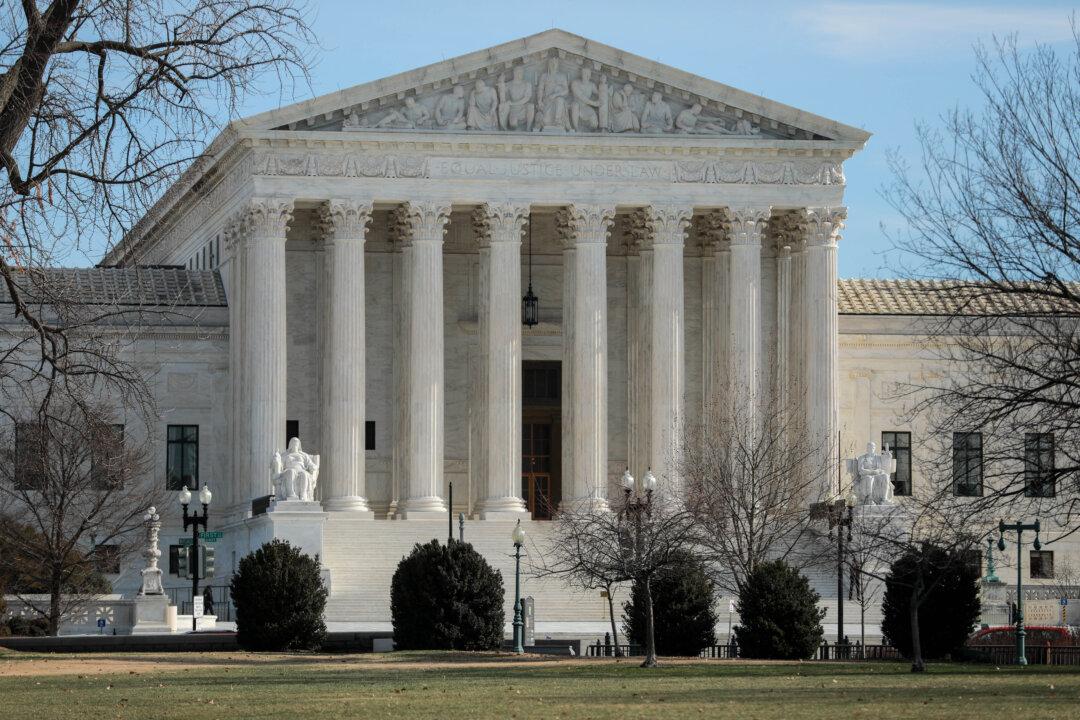The Supreme Court has declined to take up a religious discrimination dispute between Walgreens and one of its employees, a member of the Seventh-day Adventist Church who asked not to work on Saturday for religious reasons.
The Justices denied Darrell Patterson’s petition to review a lower court decision that found Walgreens had already made reasonable accommodations to Patterson’s needs and that his demand for a guarantee to never work on Saturday would have posed an “undue hardship” to the pharmacy giant.




